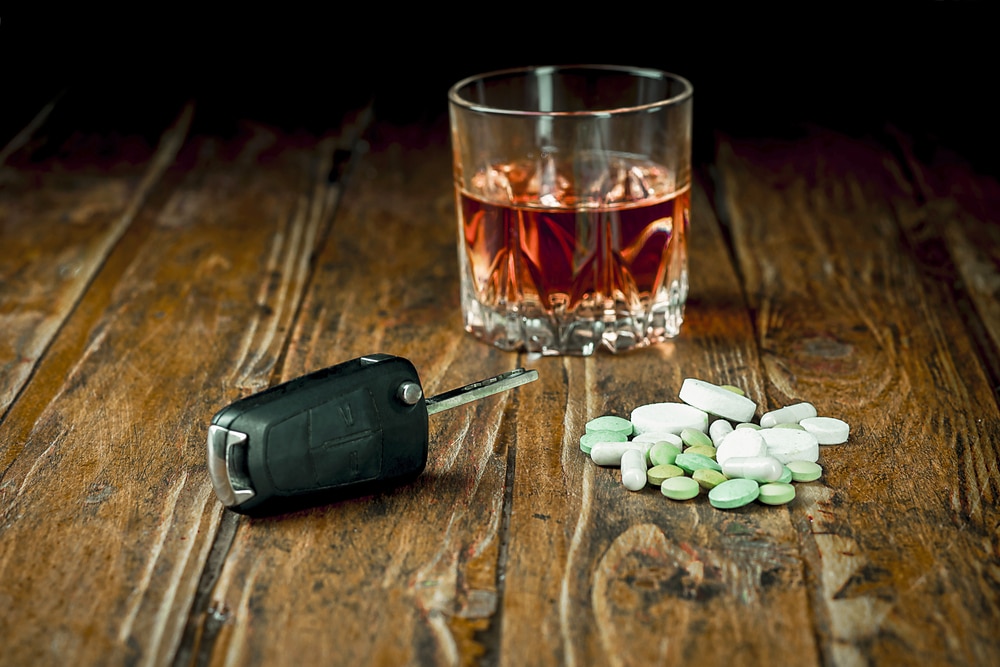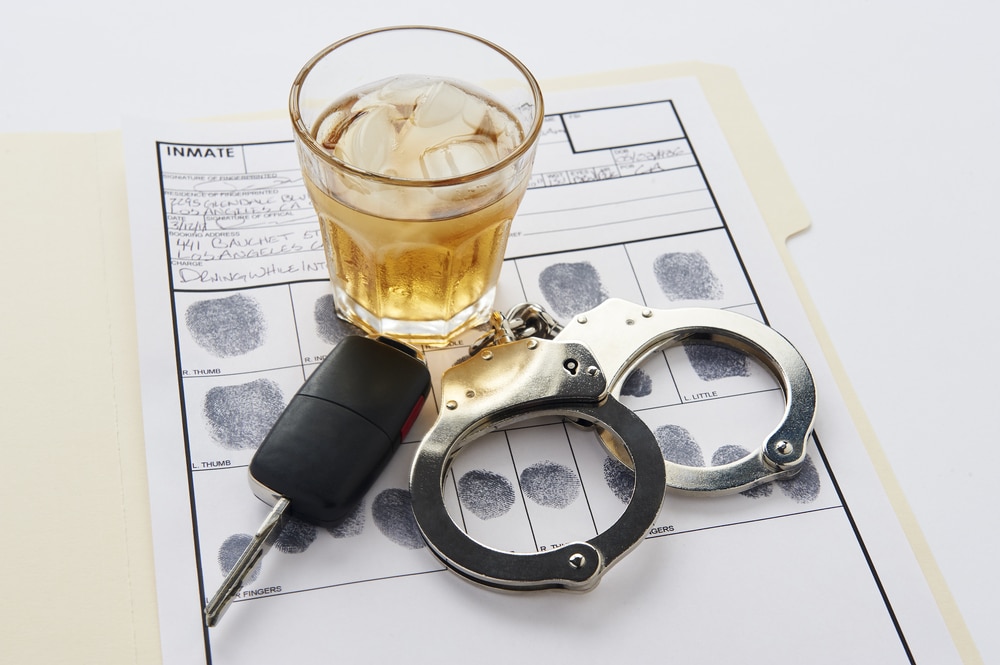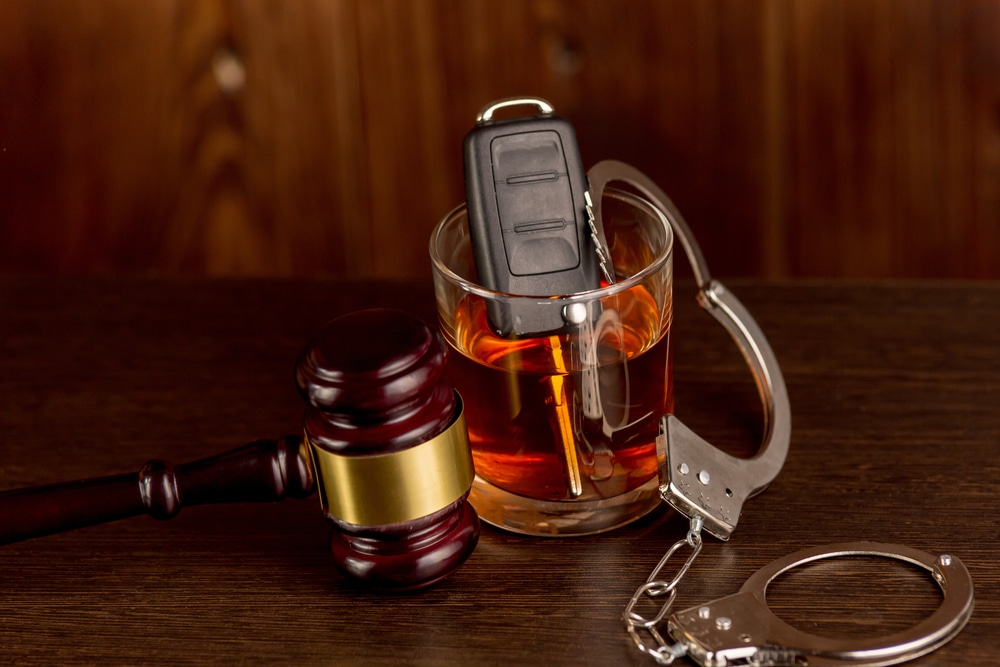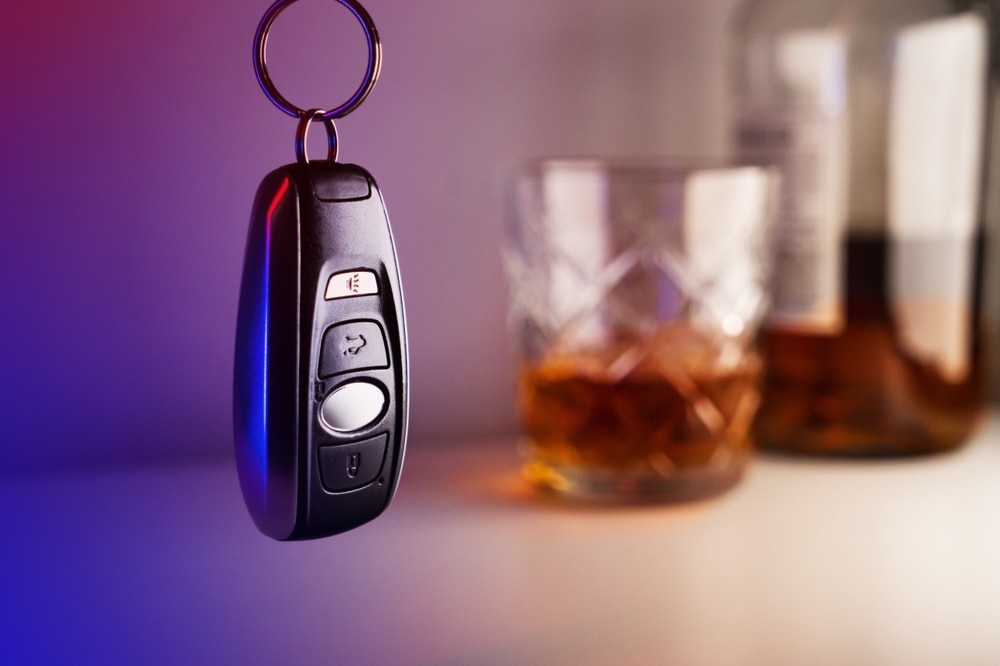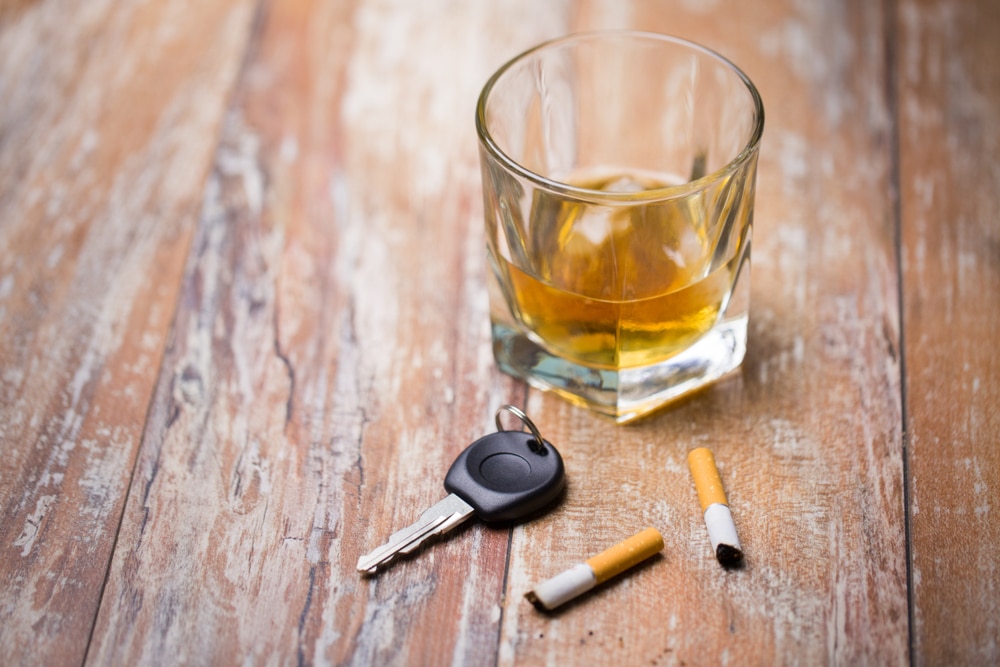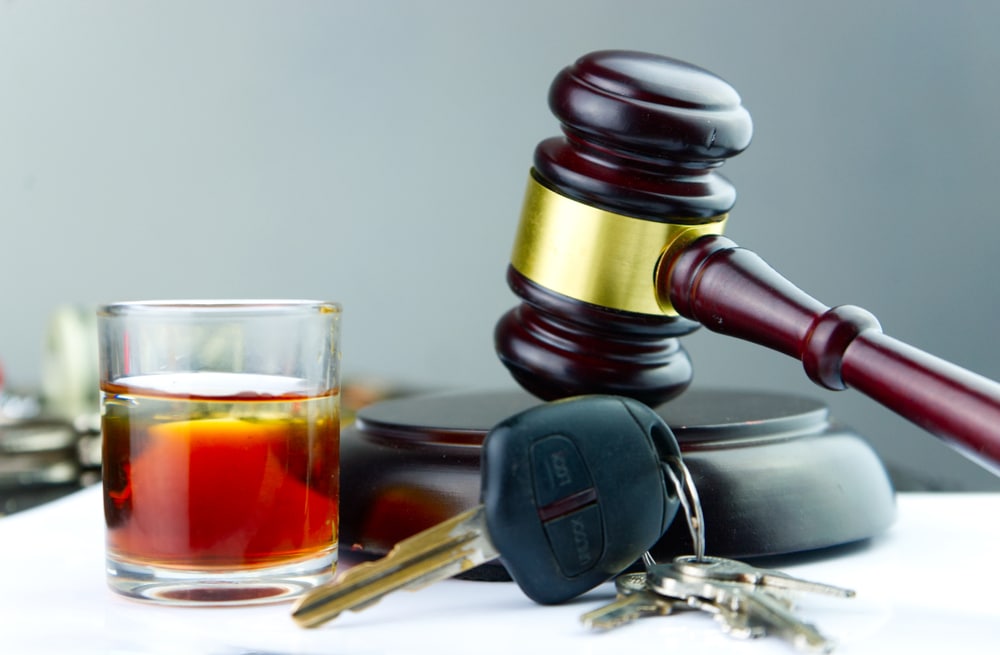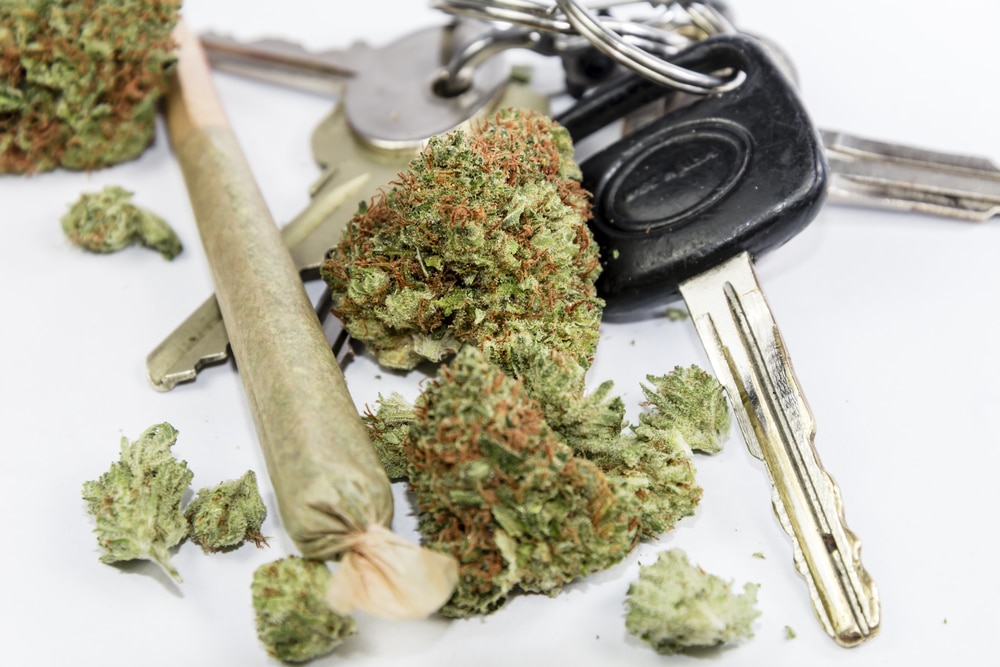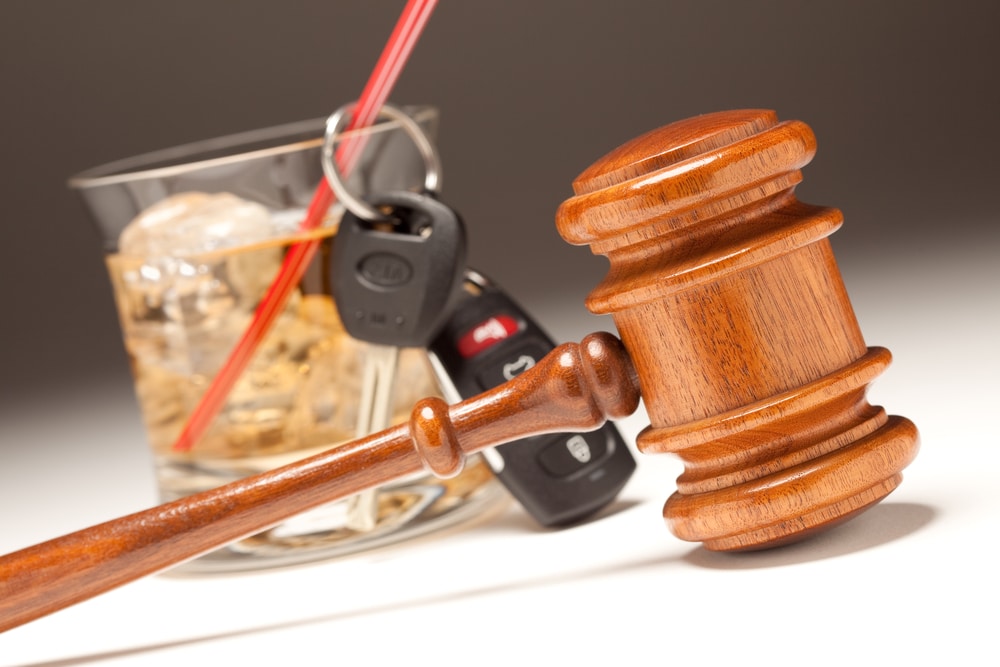Drinking and driving is a serious matter that can result in severe consequences. However, not every alcohol-related driving offense is charged as a DWI. Driving While Ability Impaired (DWAI) is a lesser charge that can be brought by prosecutors in some cases. Although a DWAI is considered a violation — and is not classified as a crime in New York — a conviction can still carry a jail sentence, cause a defendant to lose their driver’s license, and come with other personal and professional ramifications.
What is a DWAI?
While a defendant must have a blood alcohol content (BAC) of .08% or higher to be charged with a DWI offense, the standard is much lower for a DWAI. Specifically, there only needs to be evidence of some impairment of the defendant’s mental faculties or motor skills in connection with alcohol consumption. Charges for a DWAI can also be brought if the results of a chemical test show a BAC higher than .05% but less than .08%.
There are three types of DWAI charges in New York — Driving While Ability Impaired by Alcohol, Driving While Ability Impaired by a Single Drug Other Than Alcohol, and Driving While Ability Impaired by a Combined Influence of Drugs or Alcohol. The penalties for a DWAI involving alcohol can include a:
- Mandatory $300 to $500 fine
- Maximum jail sentence of 15 days
- 90-day driver’s license suspension
For a DWAI involving illegal or prescription drugs, the fine may be up to $1,000. In addition, a defendant can face a maximum jail term of one year, as well as a six-month license suspension. Installation of an ignition interlock device may also be required for a period of at least six months. An enhanced sentence can be imposed for those who have had prior alcohol-related convictions.
Critically, a DWAI can remain on your DMV record for as long as ten years. A conviction can also result in a criminal record that can affect future employment opportunities and many other aspects of a person’s life and livelihood. It’s vital to have a skilled DWI attorney by your side who can fight to protect your rights and your future.
Defenses to DWI and DWAI Charges
Depending on the facts and circumstances of the case, there are a number of defenses an experienced criminal defense attorney may be able to raise on your behalf in a DWI or DWAI case. For instance, they may be able to argue that the police officer’s stop was illegal. If this can be established, any evidence obtained during the stop would be inadmissible in the courtroom. A defendant may also be able to show that the results of the chemical test were flawed, or they might be able to challenge the observations the police officer made at the time of the arrest.
A DWI can be reduced to a DWAI with a plea bargain under certain circumstances. This is more likely for first-time offenders with a lower BAC level when no aggravating factors exist. But while a DWAI is a low-level charge, there is typically nothing to plead down to — this is why it’s essential to have the representation of an adept DWI attorney who will work diligently to get the DWAI charges brought against you dismissed.
Contact an Experienced New York Criminal Defense Attorney
If you’ve been charged with a DWI, a DWAI, or another alcohol-related offense, it’s vital to have a DWI defense attorney on your side to safeguard your rights. The criminal defense attorneys at D’Emilia Law provide high-quality representation and aggressive advocacy to those who have been arrested for DWI offenses and strive to obtain the best possible outcomes in their cases. To schedule a consultation, contact us at 1-888-DEMILIA.

